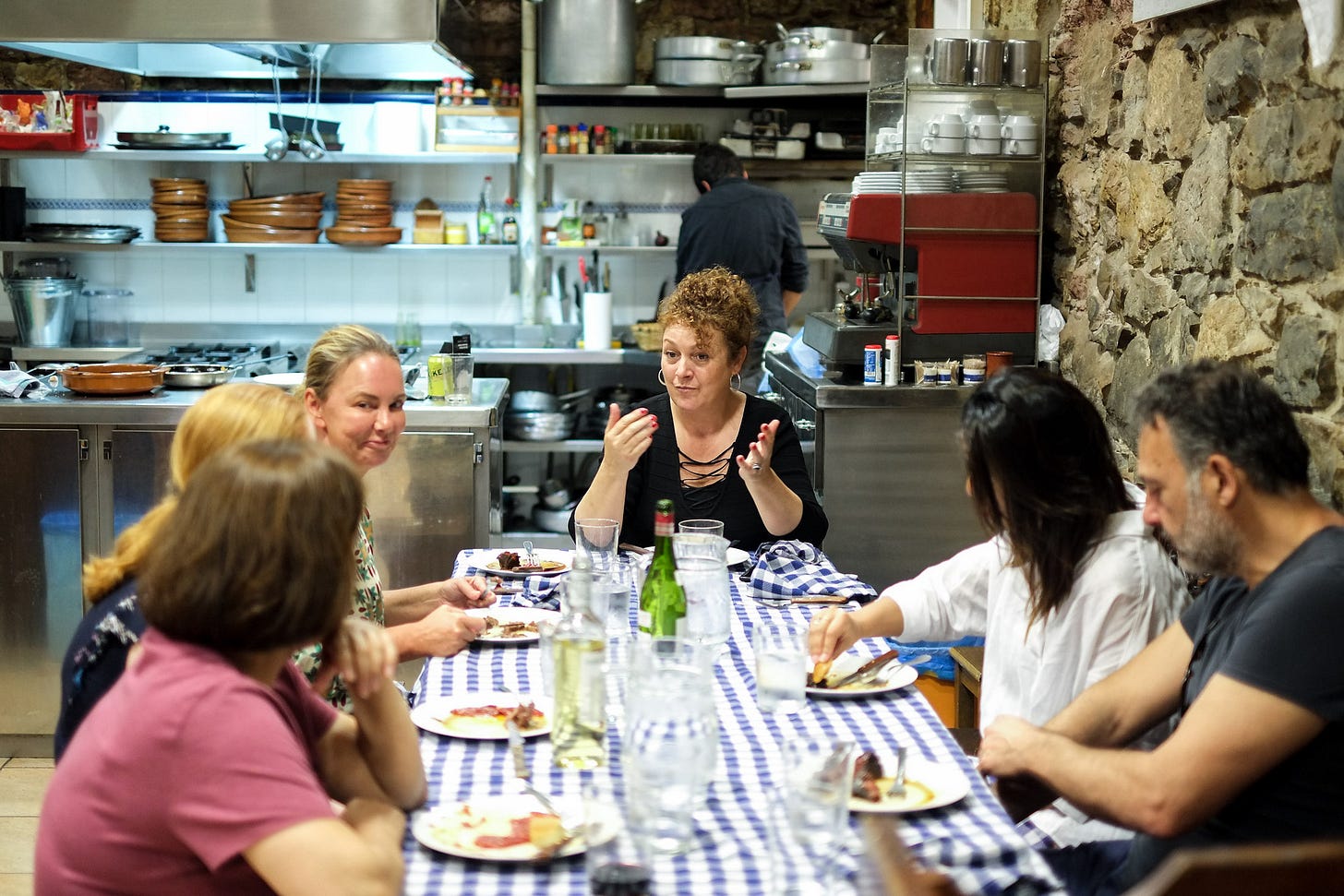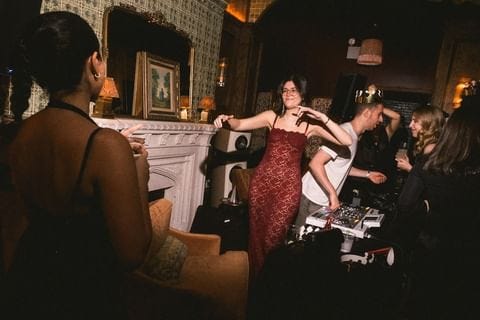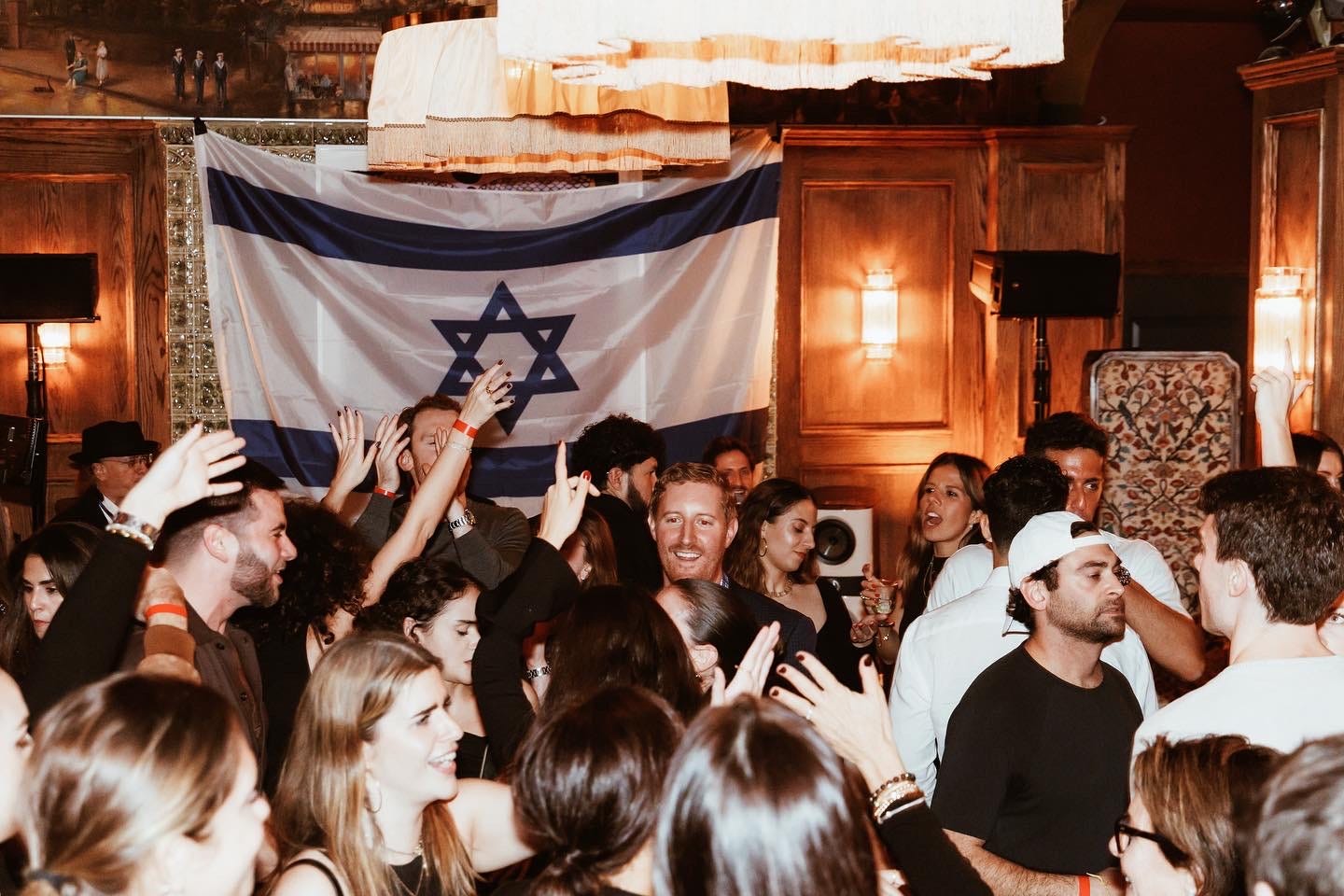Expats, Jews & Founders
The cultures our message seems to resonate with
Today’s post is a short one, more of an observation — I’ve noticed that there have been three early adopters at Maxwell: Expats, Jews and Founders.
Some of this is for obvious reasons — I’m a Jewish founder as is Joelle, and both Kyle and Joelle grew up in New Zealand and Germany respectively and I have EU citizenship — communities tend to be built around overlapping venn diagrams of similarities, so it isn’t exactly shocking that the identity of many Maxwell members overlap with our own.
But I think there is a deeper explanation other than just our personal identities — I think there is a reason that each of these demographics just seems to “get it” easier than others.
Expats often come from countries with frankly more social cohesion and tradition — if you’re Spanish you may belong to a Txoko, a small eating club where you cook your own food prevalent in San Sebastian, Spain, or an old school British social club that has done a better job of standing the test of time than the U.S. ones.
The act of simply being in a foreign land also means you are more adventurous, and gives you extra impetus to find your own people — many of my friends most happy and community filled times in their post-college life were actually when they were abroad, one of a few Westerners in China, as they fell into an instant community of all the other lost and confused foreigners. They didn’t belong, but they didn’t belong together.
Jews have been othered for so long that there is a degree of “expat” feeling built in from a young age — post October 7th there is a camaraderie I haven’t ever experienced before but underlies a deep bond. Despite not being bar mitzvah’d and having a non-Jewish mother, when I moved to New York 6+ years ago my Jewish friends immediately started inviting me to shabbats, Purim parties and various Jewish galas.
I hadn’t experienced such a degree of people wanting to do something for you simply because you were “one of us.” But as many Jews are secular and don’t consider synagogue to be the center of their spiritual or social life I know many feel as if they also don’t have community centers.
Post October 7th I’m happy to say we’ve become a real hub for that community.
Good startup founders are also creative thinkers who are open to new ideas — the article I wrote a few weeks ago about our biggest challenge being the narrative, the lack of a good community schema for someone to latch onto when they are trying to understand what exactly it is we are doing, makes it obvious that perhaps the entrepreneurs most likely to consider wacky new ideas might be able to most understand what it is we’re doing.
Aside from those major three, there are some other smaller trends we’ve noticed — MBAs spend 3-5 years without a college community post graduation before getting it on steroids all over again for 2 years and seem to also understand and have bought into the idea of joining something mainly for the smart people and community involved. People who have been in a fraternity or sorority, and sometimes people who have gone to specific schools like Princeton or Harvard that have a tradition of eating clubs or finals clubs, also seem to just “get it.”
Our goal is that our message can reach more than just this demographic of course, but it’s always good to look at your early adopters and ask why, and we’ve been fascinated by the centers of gravity in our community.
As always, sign up for membership here and follow us on Instagram here.
David, Kyle & Joelle




